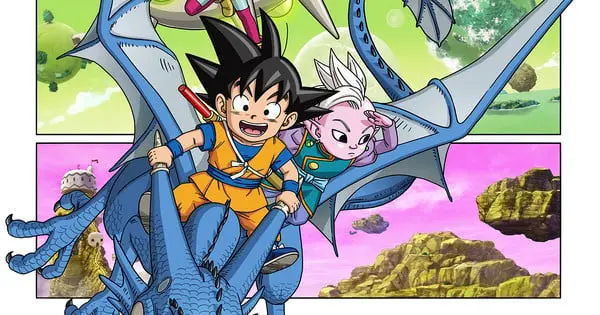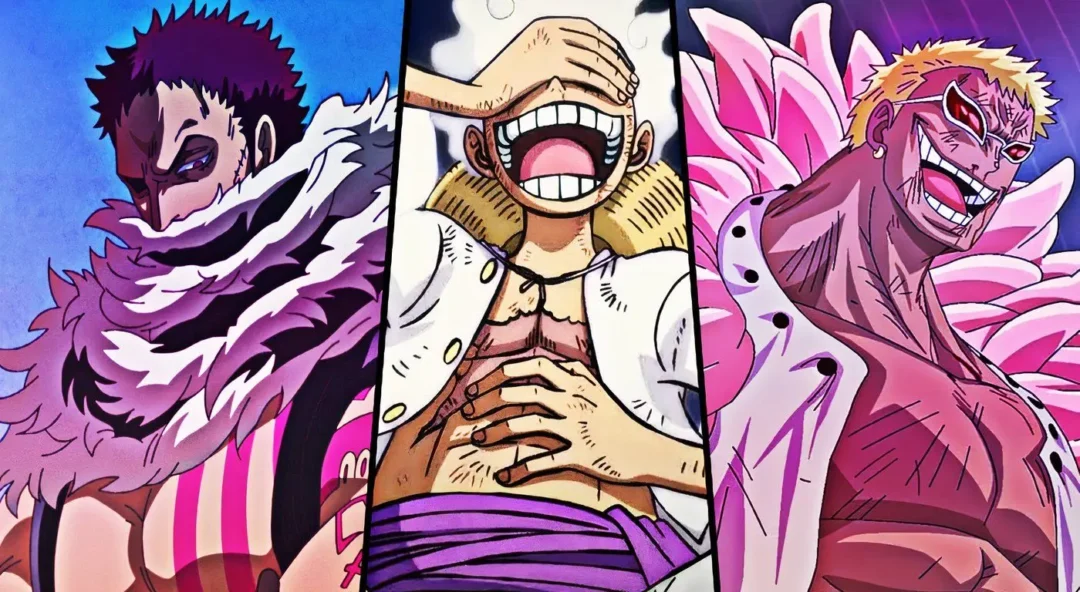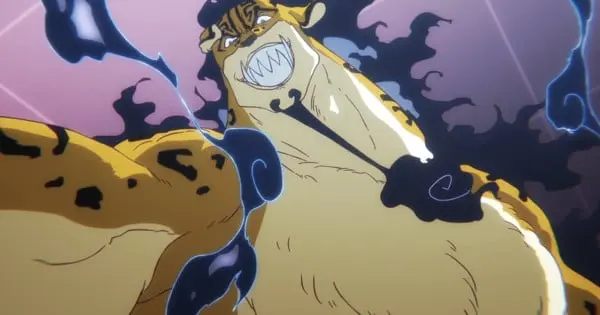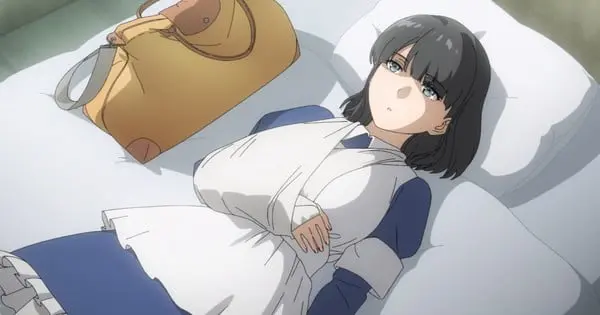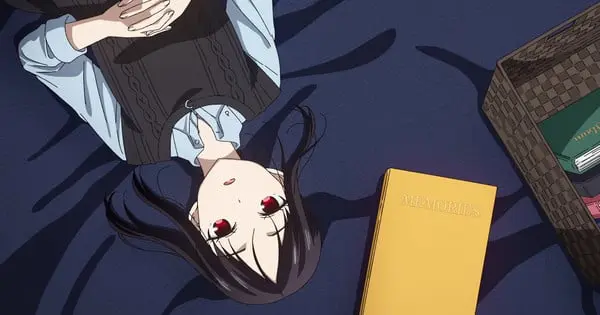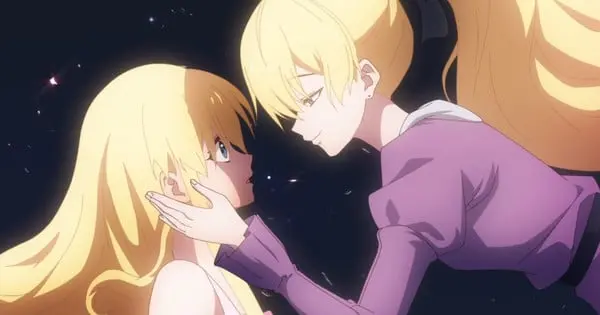The Rascal Does Not Dream series continues to captivate audiences with its unique blend of supernatural phenomena and poignant character drama. The latest installment, Rascal Does Not Dream of Santa Claus, has plunged protagonist Sakuta Azusagawa into a new wave of Puberty Syndrome cases during his university life. Episode 6, titled “You and I Within the Realm of Memories,” aired on August 9, 2025, and offered a perplexing yet crucial look into the past connection between Sakuta and the enigmatic Ikumi Akagi.
The Curious Case of Ikumi Akagi’s Puberty Syndrome
Episode 6 picks up directly from a cliffhanger, with Ikumi Akagi, a former middle school classmate and current university student in the nursing program, being struck by a mysterious force. This incident sets Sakuta on a path to uncover the truth behind her increasingly selfless, almost compulsively “heroic” actions, which are revealed to stem from a profound, albeit frightening, desire to help others.
Sakuta’s initial inquiries, including a conversation with Ikumi’s friend Saki, confirm that Ikumi’s motives are not self-serving but driven by a genuine, albeit extreme, impulse to assist those in need. This deep-seated altruism appears to be at the heart of her Puberty Syndrome, manifesting in strange occurrences and hinting at a deeper psychological distress.
Tracing the Past: Sakuta’s Investigation
Convinced that Ikumi’s Puberty Syndrome is linked to a past event involving himself, Sakuta embarks on a quest to recall this elusive occurrence. His investigation leads him to several key figures and revelations:
- Ikumi’s High School Past: From Kotomi, Sakuta discovers that Ikumi had an older boyfriend in high school, which led to a scandal. This piece of information hints at a history of complex relationships and potential emotional vulnerabilities for Ikumi.
- Seiichi, The Ex-Boyfriend: Sakuta encounters Ikumi’s ex-boyfriend, Seiichi, who reveals that their breakup was due to his own anxiety, despite Ikumi being incredibly supportive during his job search. More significantly, Seiichi mentions that Ikumi had posted about a dream of being arrested following an incident of bodily injury, further connecting her current state to past trauma or premonitions.
- Miwako and the Middle School Connection: Sakuta also consults Miwako, Ikumi’s counselor and someone who assists her in volunteering efforts. Miwako hypothesizes that Ikumi’s complex feelings toward Sakuta might stem from her inability to help him during middle school when he was isolated. This theory suggests that Ikumi’s overwhelming desire to help others, and perhaps her specific Puberty Syndrome, is a manifestation of unresolved guilt or a wish to rectify past inactions concerning Sakuta.
The Role of Touko Kirishima
Throughout this unfolding mystery, the recurring presence of Touko Kirishima, the “Miniskirt Santa,” remains a perplexing element. She has claimed to be responsible for “gifting” Puberty Syndrome to people, adding another layer of supernatural intricacy to the narrative. While her direct involvement in Ikumi’s specific case is still being explored, her overarching role suggests a more widespread and perhaps orchestrated influence on the phenomena Sakuta encounters.
The Lingering Questions
Episode 6, as Sportskeeda aptly describes, is one of the most “perplexing” installments in the Rascal Does Not Dream franchise, which is already known for its intricate mysteries. The strong hint that Sakuta himself is responsible for Ikumi’s flawed hero complex and subsequent Puberty Syndrome creates a compelling narrative hook. The random writings appearing on Ikumi’s arm after another mysterious force strikes her further deepens the enigma, suggesting a direct manifestation of her internal struggles or external influences.
As Sakuta continues his investigation, guided by a sense of responsibility and a desire to help, the episode masterfully builds anticipation for how these threads from the past will converge and how Ikumi’s Puberty Syndrome will ultimately be resolved. The emotional core of Ikumi’s unwavering, almost desperate, need to help others, potentially driven by a past inability to aid Sakuta, promises a deeply resonant conclusion to her arc.

